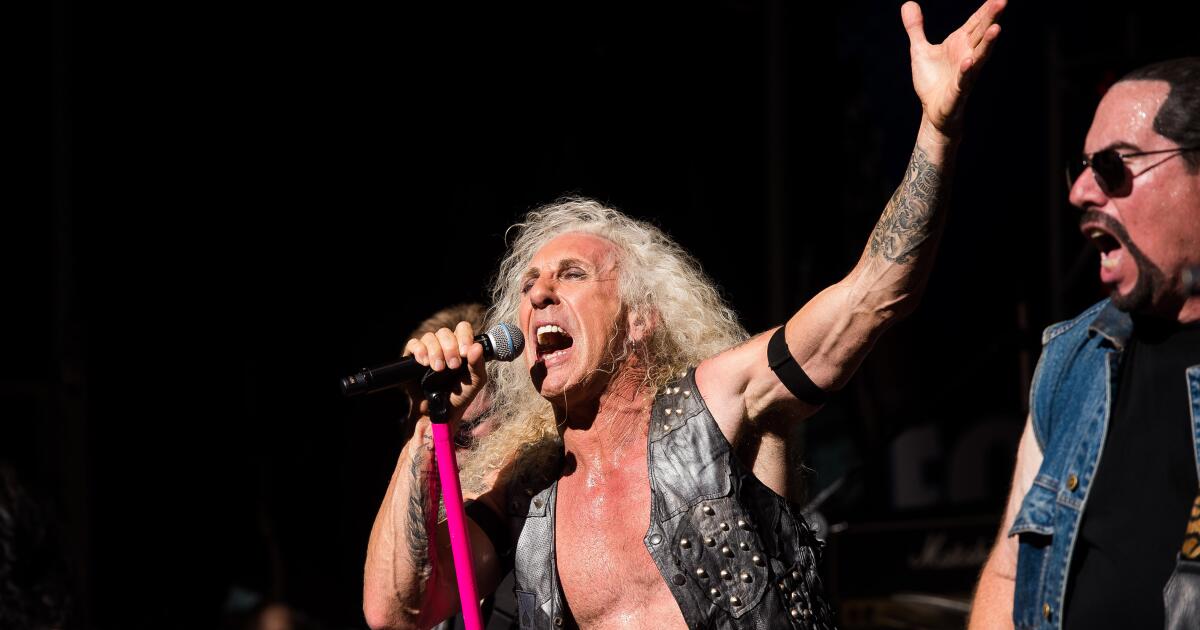Ukrainian refugees face fading hope and an uncertain future
Maryna Bondarenko, a 51-year-old journalist, has three packed suitcases in her apartment in Poland, hopeful for the return of peace in Ukraine. She fled Kyiv with her son and mother when Russia invaded on February 24, 2022, expecting to be away for just a month or two. Now, four years later, she continues to work in a Ukrainian language newsroom serving over 1.5 million Ukrainians in Poland. Bondarenko recounts many moments of anticipation for returning home, having even packed her belongings multiple times, convinced the war would soon end.
The ongoing war has resulted in Europe’s largest refugee crisis since World War Two, with over 5 million Ukrainians dispersed across Europe, particularly in Central and Eastern regions. Most refugees are women and children due to martial law in Ukraine that prevents military-age men from leaving. Bondarenko expresses a strong desire to reunite with her husband, Andrij Dudko, who works as a drone operator on the front line. However, the harsh conditions in Kyiv, including devastating air strikes and bitter winter, keep her from returning with her child.
In Poland, large Ukrainian communities have formed in cities like Warsaw and Krakow, but this has sometimes led to tensions with local residents over jobs and welfare benefits. Bondarenko wishes to return home but acknowledges that Ukraine will be significantly changed. Ukrainian President Volodymyr Zelenskiy hopes that 70% of Ukrainians abroad will go back after the war, but surveys indicate that many want to stay away, particularly among younger generations. Her 11-year-old son, Danylo, finds it hard to remember life in Ukraine and finds Poland more familiar, though he has faced some hostility at school.
Additionally, Iryna Kushnir and Olga Yermolenko, who were high school friends in Kharkiv, found each other again in Istanbul, where they moved at the start of the war. Kushnir had hoped for a quick return home but remains in Turkey, now married and employed as a teacher at Istanbul University, while she left her 19-year-old daughter Sofia to study in Ukraine. Yermolenko works remotely for Ukrainian clients and stays in touch with her mother who still lives in Kharkiv. Despite her efforts to adapt to life in Turkey, she feels caught between her past and an uncertain future. Both women follow the war closely, with Yermolenko expressing fear when seeing news of missile strikes in Kharkiv and making sure to check on her mother’s safety.
With information from Reuters

